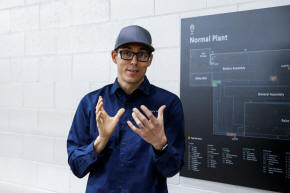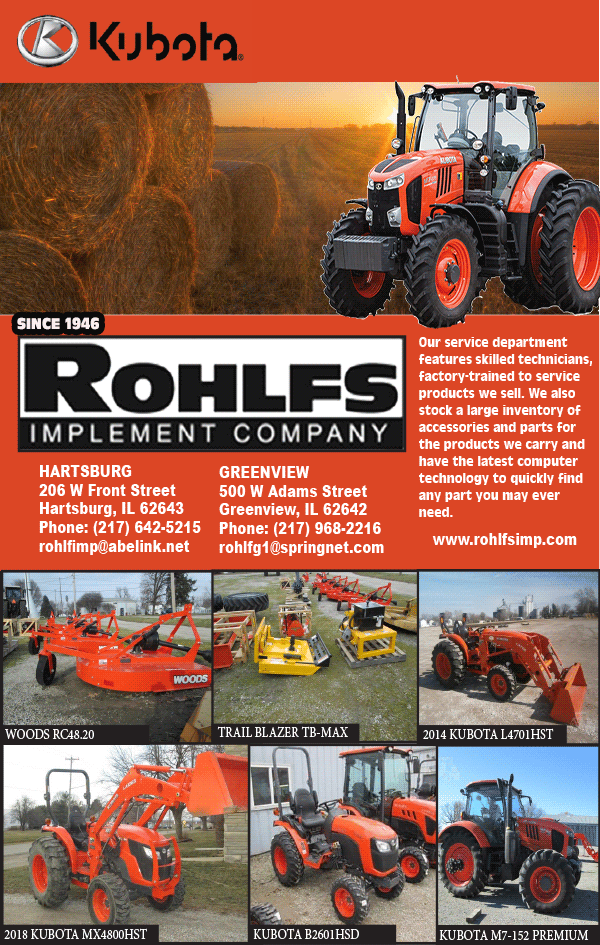|
Scaringe can't get all the semiconductors Rivian needs to
accelerate the assembly lines at its factory in Normal,
Illinois. Chip suppliers are skeptical of the young electric
vehicle company's capability to hit promised production numbers.
They are instead allocating more chips to established customers
based on the numbers of vehicles they have built in the past,
Scaringe said during a tour of the plant.
"I have to call up semiconductor supplier Y and say this is how
many Supplier X gave us, and get everybody comfortable because
the system’s unproven," Scaringe said while piloting a golf cart
through the factory.
Scaringe thinks suppliers are holding back, wondering if Rivian
is using semiconductor shortages as an excuse to cover up more
serious production problems. "It's really frustrating," he said.
Rivian is not the only automaker caught in a supply chain
twilight zone.
"There is certainly allocation" by chip suppliers, said Dan
Hearsch, managing director in the automotive practice for
consulting firm AlixPartners. Low volume manufacturers are up
against skepticism - "are you guys for real?" - while larger
players are willing and able to pay for a year's worth of chips
in one transaction, he said.
"On the basis of volume, and reputation and consistency, they
(larger automakers) are more attractive," Hearsch said.
Rivian, which counts Amazon.com Inc and Ford Motor Co as major
shareholders, has been slammed.
Rivian shares have fallen by 60% so far this year, and are down
more than 70% from their peak of $179.47, reached shortly after
the November 2021 initial public offering. Shares sank hard in
March after Rivian cut the production forecast for 2022 in half
to just 25,000 vehicles.
Rival Tesla Inc Chief Executive Elon Musk has taken jabs at
Rivian, tweeting "I’d recommend they get their first plant
working. It’s insanely difficult to reach volume production at
affordable unit cost."
Rising raw materials costs are adding pressure. In early March,
Rivian tried to raise prices as much as 20% for vehicles already
on order. Customers complained, the company reversed course, and
Scaringe apologized.
Now a top priority for Scaringe and other Rivian executives is
convincing supplier executives that the Normal plant and its
workforce are ready to accelerate. As part of that effort,
Rivian has opened the doors to its Normal factory for supplier
executives and the media.
Rivian has almost completely remodeled and retooled the plant.
Once owned by Japanese automaker Mitsubishi, its row of towering
metal stamping presses now boom out large aluminum panels for
the bodies of Rivian's delivery vans and off-road electric
trucks and SUVs.
Rivian operates two largely separate vehicle assembly systems
inside the Normal factory. One is building two sizes of electric
delivery vans for Amazon. The other builds Rivian's R1 series
electric pickup trucks and SUVs, which sell for $67,500 to
$95,000. Before the price hike, the most expensive Rivian
vehicle was priced at $83,000.
Rivian is now building and delivering R1 trucks and SUVs to
customers, and assembling vans for Amazon to test. Bursts of
production at the factory stop when parts run out, executives
said. During the first quarter, Rivian assembled an average of
about 40 vehicles per weekday -- less than one hour's output if
the plant were running full speed.
"I'd love to run a full five-day shift," Scaringe said. Rivian
vehicles have about 2,000 parts, he said. "One half of one
percent of those are challenged."
Scaringe told Reuters more price increases are inevitable, and
not just at Rivian, due to the combination of scarce parts and
rising raw materials.
"We expect pricing to remain pressurized, where it will continue
to increase over time," he said. "We did a poor job of how we
rolled that out last time, no doubt. But as we look at going
forward we expect further price increases much like we’ve seen
from essentially the entirety of the auto industry."
Rivian had more than $18 billion in cash at the end of 2021, and
Scaringe said the company will not need to raise more capital
"in the immediate near term." But the simultaneous production
crunch and cost surge could delay when Rivian is able to turn
gross margins and cash flow positive.
It needs to do that if it is to start self-funding its
significant capital needs.
These include building a new assembly plant in Georgia for its
planned R2 line of compact, more affordable trucks, and
investments to secure more battery production. Rivian wants to
manufacture its own battery cells, while also expanding its
roster of battery suppliers.
"Long term, we envision a world where we will make some of our
own cells, (and) we’ll purchase cells from great partnerships we
have," Scaringe said. "Those two are by no means mutually
exclusive."
(Reporting By Joseph White; Editing by David Gregorio)
[© 2022 Thomson Reuters. All rights
reserved.]
This material may not be published,
broadcast, rewritten or redistributed.
Thompson Reuters is solely responsible for this content.

|
|





